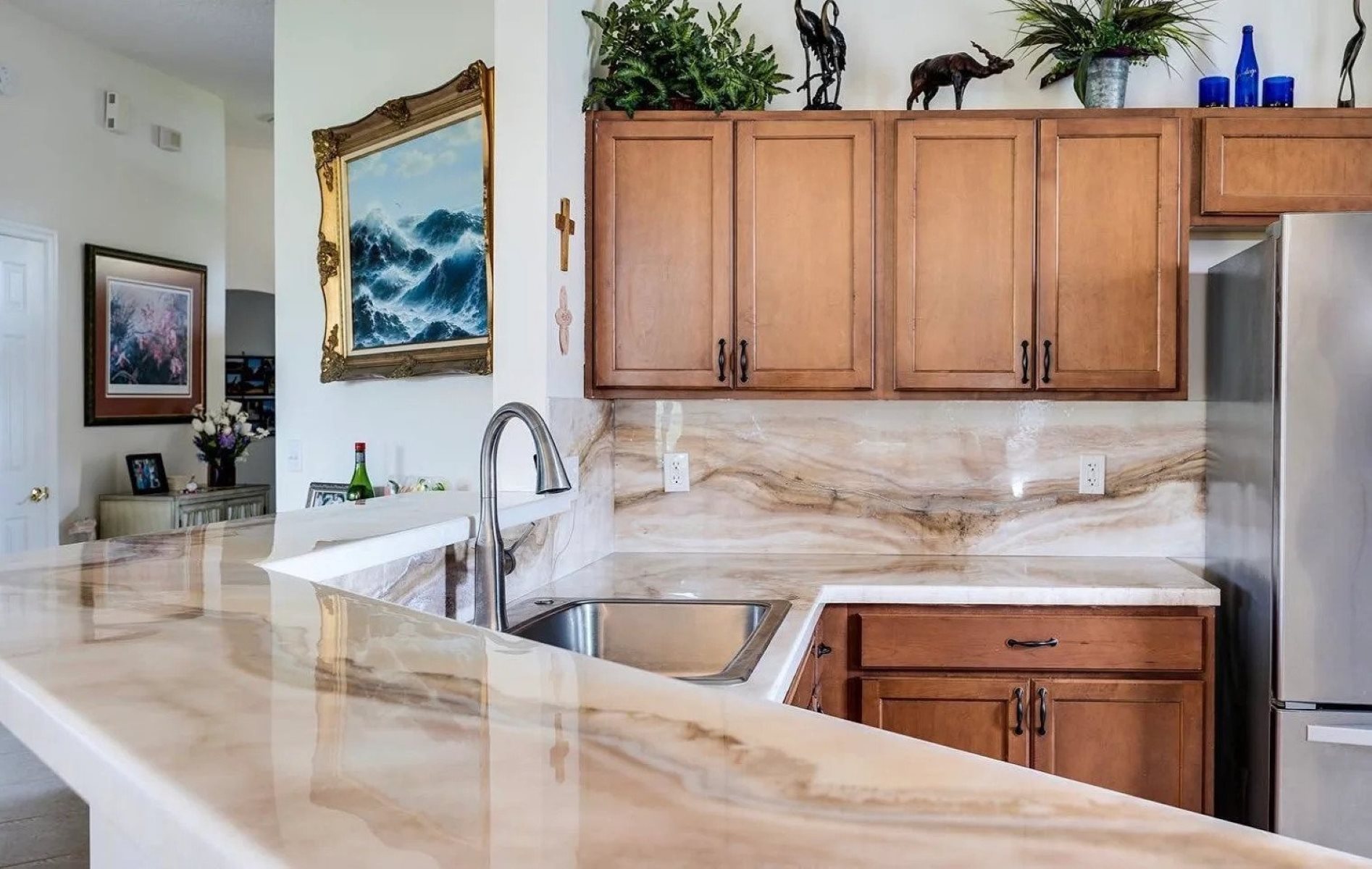

Articles
What Is The Best Epoxy For Countertops
Modified: December 7, 2023
Learn about the best epoxy for countertops in our informative articles. Find expert tips and advice on choosing and applying epoxy for stunning countertop finishes.
(Many of the links in this article redirect to a specific reviewed product. Your purchase of these products through affiliate links helps to generate commission for Storables.com, at no extra cost. Learn more)
Introduction
Epoxy countertops have gained immense popularity in recent years due to their durability, versatility, and stunning aesthetic appeal. Utilizing epoxy resin, these countertops provide a sleek and glossy finish that can transform any kitchen or bathroom into a visually striking space. However, with so many epoxy options available on the market, it can be overwhelming to determine which one is the best for your countertops.
In this article, we will explore the different types of epoxy for countertops and discuss the key factors to consider when selecting the right epoxy for your needs. We will also highlight some of the top epoxy brands in the market and compare their features. Additionally, we will delve into the pros and cons of using epoxy for countertops and provide valuable tips for applying and maintaining epoxy countertops.
Whether you are a DIY enthusiast or a homeowner looking to upgrade your kitchen or bathroom, this comprehensive guide will help you make an informed decision about the best epoxy for your countertops.
Key Takeaways:
- When choosing the best epoxy for your countertops, consider factors such as application method, drying time, chemical resistance, and heat resistance to ensure a successful and visually stunning countertop installation.
- Epoxy countertops offer durability, design versatility, and easy maintenance, but it’s crucial to be aware of potential drawbacks such as installation complexity and vulnerability to heat damage. Proper application and regular maintenance are essential for long-lasting, beautiful countertops.
Read more: What To Clean Epoxy Countertops With
Types of Epoxy for Countertops
Epoxy countertops are available in various types, each with its own unique properties and characteristics. Understanding the different types of epoxy will help you choose the right product for your specific countertop needs. Here are some of the most common types:
- Clear Epoxy: Clear epoxy is the most popular choice for countertops. It provides a crystal clear finish that enhances the natural beauty of the countertop material. Clear epoxy is ideal for showcasing intricate designs and patterns beneath the surface.
- Colored Epoxy: If you want to add a pop of color to your countertops, colored epoxy is the way to go. It comes in a wide range of vibrant hues, allowing you to create a customized and unique countertop that matches your style and decor.
- Metallic Epoxy: Metallic epoxy offers a stunning metallic or pearlescent finish that resembles the look of pricy metals like silver, gold, or copper. This type of epoxy is perfect for creating a luxurious and high-end appearance.
- Epoxy with Aggregate: Epoxy with aggregate is a popular choice for outdoor countertops or areas that require extra durability. The epoxy is mixed with materials like crushed quartz, glass chips, or decorative stones, providing enhanced strength and texture to the countertop surface.
- UV-Resistant Epoxy: If your countertop is exposed to direct sunlight, UV-resistant epoxy is a must. This type of epoxy is specially formulated to withstand the harmful effects of UV rays, preventing yellowing or discoloration over time.
It is important to consider your specific countertop requirements, such as durability, aesthetics, and exposure to certain elements, when choosing the type of epoxy for your countertops. Additionally, make sure to follow the manufacturer’s instructions and recommendations for each type of epoxy to ensure proper application and long-term performance.
Factors to Consider When Choosing Epoxy for Countertops
When selecting the best epoxy for your countertops, it’s essential to consider several key factors to ensure you make the right choice. Here are some important factors to keep in mind:
- Application Method: Consider the application method that suits your skill level and project requirements. Epoxy can be applied using either a two-part mix or a one-part epoxy system. The two-part mix requires accurate mixing of resin and hardener, while the one-part system is premixed and ready to use.
- Drying Time: Evaluate the drying time of the epoxy product. Some epoxies cure quickly, allowing for faster project completion, while others have a longer curing time. Depending on your schedule and project timeline, choose an epoxy with a drying time that suits your needs.
- Chemical Resistance: Consider the level of chemical resistance required for your countertops. If they are likely to come into contact with harsh chemicals or substances, such as acids or cleaning agents, opt for an epoxy with high chemical resistance to ensure long-term durability and prevent any damage.
- Heat Resistance: If your countertops will be subjected to heat regularly, such as near stovetops or hot pans, it’s important to choose an epoxy that can withstand high temperatures. Look for epoxy products specifically designed for heat resistance to prevent warping or discoloration.
- Scratch and Stain Resistance: For countertops that will see heavy use, prioritize epoxy products that offer scratch and stain resistance. This will help maintain the aesthetics of your countertops and ensure they remain beautiful and easy to clean over time.
- UV Stability: If your countertops are exposed to sunlight, UV stability is crucial to prevent yellowing or fading over time. Look for epoxy products that are UV-resistant and offer long-term protection against UV rays.
- Price and Budget: Consider your budget when selecting an epoxy for countertops. Prices can vary depending on the brand, type, and quantity of epoxy. It’s important to strike a balance between quality and affordability to ensure you get the best value for your money.
By carefully evaluating these factors and understanding your specific countertop requirements, you can make an informed decision and choose the epoxy that will provide the best performance and longevity for your countertops.
Top Epoxy Brands for Countertops
When it comes to choosing the best epoxy for your countertops, selecting a reputable brand can make a significant difference in the quality and performance of the final result. Here are some top epoxy brands that are known for their exceptional products:
- Stone Coat Countertops: Stone Coat Countertops is a well-known brand that specializes in epoxy coatings. Their epoxy products are known for their ease of use, high-quality finish, and durability. Stone Coat Countertops offers a wide range of epoxy options, including clear, colored, and metallic epoxies.
- ArtResin: ArtResin is a popular brand among artists and DIY enthusiasts. Their epoxy resin is specifically formulated for artistic applications, but it can also be used for countertops. ArtResin is known for its self-leveling properties, low odor, and high-gloss finish.
- Pro Marine Supplies: Pro Marine Supplies offers a range of epoxy products suitable for various applications, including countertops. Their epoxies are known for their high performance, UV resistance, and scratch resistance. Pro Marine Supplies offers both clear and colored epoxy options.
- Envirotex Lite: Envirotex Lite is a versatile epoxy brand that is often used for countertop applications. It provides a clear, smooth, and glossy finish that enhances the natural beauty of the countertop material. Envirotex Lite is known for its ease of use and durability.
- System Three: System Three is a trusted brand in the epoxy industry, offering a wide range of epoxy products for various applications. Their epoxy resins are renowned for their high strength, chemical resistance, and long-lasting durability. System Three provides clear epoxy options suitable for countertops.
These are just a few of the top epoxy brands available in the market. It is important to research and read reviews to find the brand that best suits your specific needs and preferences. Remember to consider factors such as ease of use, performance, and customer satisfaction before making your final decision.
Comparison of the Best Epoxy for Countertops
Choosing the best epoxy for your countertops can be a challenging task, given the wide range of options available. To help you make an informed decision, let’s compare some of the top epoxy brands and their features:
- Stone Coat Countertops: Stone Coat Countertops offers a variety of epoxy options, including clear, colored, and metallic epoxies. Their products are known for their high-quality finish, durability, and ease of use. Stone Coat Countertops epoxies are self-leveling, making them ideal for achieving a smooth and glossy surface.
- ArtResin: ArtResin is a popular choice for artistic applications, but it can also be used for countertops. It is known for its self-leveling properties, low odor, and high-gloss finish. ArtResin is a trusted brand among artists and DIY enthusiasts due to its ease of use and non-toxic formulation.
- Pro Marine Supplies: Pro Marine Supplies offers epoxy products that are specifically designed for durability and resistance to sunlight, scratches, and chemicals. Their epoxies provide a glossy and clear finish and are available in both clear and colored options. Pro Marine Supplies products are known for their high performance and affordability.
- Envirotex Lite: Envirotex Lite is a versatile epoxy brand suitable for countertops. It provides a clear and glossy finish that enhances the natural beauty of the countertop material. Envirotex Lite offers easy application and durability, making it a popular choice among DIY enthusiasts.
- System Three: System Three is known for its high-strength epoxy resins that offer exceptional durability and chemical resistance. Their clear epoxy options are ideal for countertops that require long-term protection against stains and scratches. System Three epoxies provide a high-quality finish and are trusted by professionals and DIYers alike.
When comparing these epoxy brands, consider factors such as ease of use, durability, chemical resistance, UV stability, and price. It’s important to choose an epoxy that aligns with your specific countertop needs and budget. Reading customer reviews and gathering feedback can also provide valuable insights into the performance and reliability of these brands.
Ultimately, the best epoxy for your countertops will depend on your personal preferences, project requirements, and desired aesthetic outcome. Take the time to evaluate the available options and make a well-informed decision to ensure a successful and visually stunning countertop installation.
Read more: How Durable Are Epoxy Countertops
Pros and Cons of Using Epoxy for Countertops
Epoxy countertops offer several advantages that make them a popular choice among homeowners and designers. However, like any material, there are also some drawbacks to consider. Let’s examine the pros and cons of using epoxy for countertops:
Pros:
- Durability: Epoxy countertops are highly durable and resistant to scratches, stains, and heat. They can withstand daily wear and tear, making them an excellent choice for busy kitchens and bathrooms.
- Design Versatility: Epoxy allows for limitless design possibilities. It can be customized with various colors, patterns, and effects to create a unique and visually stunning countertop surface.
- Seamless Finish: Epoxy provides a smooth and seamless finish, eliminating visible seams and joints commonly found in other countertop materials. This creates a sleek and modern look.
- Easy Maintenance: Epoxy countertops are relatively easy to clean and maintain. They are non-porous, preventing the absorption of liquids and stains, and can be regularly wiped down with a mild cleaner and soft cloth.
- Cost-Effective: Compared to natural stone or other high-end countertop materials, epoxy is more cost-effective. It provides a similar aesthetic appeal at a fraction of the price.
Cons:
- Installation Complexity: Applying epoxy requires precise measurements and a certain level of skill. It can be challenging for DIY enthusiasts without prior experience. Professional installation may be necessary for achieving flawless results.
- Potential for Yellowing: Some epoxy products may yellow over time when exposed to UV light. This can impact the appearance of the countertop, especially if it is installed in a space with direct sunlight.
- Vulnerable to Heat Damage: While epoxy countertops are generally heat resistant, extreme heat, such as placing hot pots directly on the surface, can cause damage. It is recommended to use trivets or hot pads to protect the epoxy surface.
- Not Easily Repairable: If an epoxy countertop gets scratches or chips, repairing it can be challenging without professional intervention. In some cases, the entire countertop may need to be replaced to achieve a seamless repair.
- Limited UV Stability: Not all epoxy products have excellent UV stability. If the countertop is exposed to direct sunlight, it is crucial to choose a UV-resistant epoxy to prevent yellowing or discoloration.
Considering these pros and cons, it is important to weigh the benefits against the drawbacks and carefully assess whether epoxy countertops are the right choice for your specific needs, lifestyle, and budget.
When choosing an epoxy for countertops, look for a product specifically designed for this purpose, with heat resistance, UV protection, and food-safe certification. It’s also important to follow the manufacturer’s instructions for proper application and curing.
Tips for Applying Epoxy on Countertops
Applying epoxy to countertops can be a rewarding DIY project that elevates the look of your space. To ensure a successful application and professional-looking results, here are some essential tips to keep in mind:
- Prepare the Surface: Properly prepare the countertop surface by ensuring it is clean, dry, and free from any dust, grease, or debris. Sand down any rough areas and repair any chips or cracks before applying the epoxy.
- Mask and Protect: Use painter’s tape to mask off the areas surrounding the countertop, such as walls and cabinets, to prevent accidental spills or drips of epoxy. Cover the floors and any furniture nearby with drop cloths or plastic sheets to protect them during the application process.
- Mix Accurately: Follow the manufacturer’s instructions for the epoxy product to ensure accurate mixing ratios. Use a clean container and stir the epoxy thoroughly, making sure to scrape the sides and bottom, to achieve a properly mixed solution.
- Apply Thin Coats: It is generally better to apply multiple thin coats of epoxy rather than one thick coat. This helps prevent drips and ensures better adhesion. Allow each coat to dry completely before applying the next layer.
- Use a Squeegee or Foam Roller: For an even and smooth application, use a squeegee or foam roller to spread the epoxy evenly across the countertop surface. Work in small sections at a time to maintain control and avoid streaks or uneven coverage.
- Remove Bubbles: After pouring the epoxy onto the countertop, use a heat gun or a propane torch to gently pass over the surface to remove any bubbles that may have formed. Be careful not to overheat or burn the epoxy.
- Add Pigments or Effects: If desired, add pigments, glitter, or other effects to the epoxy to create a unique design. Mix them in carefully and evenly distribute them for the desired effect.
- Allow for Proper Curing Time: Curing time can vary depending on the epoxy product and environmental factors. Follow the manufacturer’s recommendations for curing time and avoid using the countertop until the epoxy has fully cured to prevent any damage or imperfections.
- Maintain and Clean: After the epoxy has cured, maintain the countertop by regularly cleaning it with mild soap or a non-abrasive cleaner and a soft cloth. Avoid using harsh chemicals or abrasive materials that could damage the epoxy surface.
- Stay Mindful of UV Exposure: If your countertop is exposed to direct sunlight, choose a UV-resistant epoxy to prevent yellowing or discoloration over time. Additionally, consider applying a protective topcoat or using window coverings to minimize UV exposure.
Remember, proper preparation, accurate mixing, and careful application are key to achieving beautiful and durable epoxy countertops. If you are uncertain about any aspect of the process, it is always a good idea to consult with professionals or seek guidance from experienced DIYers.
Read also: 9 Unbelievable Countertop Epoxy For 2025
How to Maintain Epoxy Countertops
Maintaining epoxy countertops is relatively easy and straightforward. By following a few simple steps, you can keep your countertops looking beautiful and prolong their lifespan. Here are some tips for maintaining your epoxy countertops:
- Regular Cleaning: Clean your epoxy countertops regularly using a mild dish soap or a non-abrasive cleaner and warm water. Avoid using harsh chemicals or abrasive cleaners that can damage the epoxy surface. Use a soft cloth or sponge to wipe down the countertops and remove any spills or stains.
- Preventive Measures: Take preventive measures to protect your epoxy countertops from potential damages. Use cutting boards, trivets, and hot pads to prevent scratches and heat damage. Wipe up spills promptly to prevent stains from setting.
- Avoid Abrasive Materials: When cleaning your epoxy countertops, avoid using abrasive materials such as steel wool or harsh scrub brushes. These can scratch the epoxy surface and dull its shine. Stick to soft and non-abrasive cleaning tools for routine maintenance.
- Avoid Harsh Chemicals: Epoxy countertops are resistant to many household chemicals, but it is still important to avoid using harsh and abrasive cleaning agents. Spills from chemicals like bleach, acetone, or ammonia should be cleaned up immediately to prevent potential damage to the epoxy surface.
- Prevent UV Exposure: If your epoxy countertops are located in an area with direct sunlight, consider using window coverings or UV-blocking films to prevent UV exposure. Prolonged exposure to UV rays can cause the epoxy to yellow or discolor over time.
- Repair Damages Promptly: In case of any damages, such as scratches or chips, it is important to address them promptly. Contact a professional epoxy countertop service provider to assess the damage and determine the best course of action for repair.
- Reapply Protective Coat: Over time, the protective coating on epoxy countertops may wear off. Consider reapplying a protective coat every few years to enhance the longevity and appearance of your countertops. Follow the manufacturer’s instructions for the appropriate product and application method.
- Prevent Excessive Weight: Avoid placing heavy objects directly on your epoxy countertops, as excessive weight or pressure can cause the epoxy to crack or warp. Use proper support or cutting boards when handling heavy items to prevent damage.
- Regular Inspections: Periodically inspect your epoxy countertops for any signs of damage or wear. Look for cracks, chips, or areas where the epoxy is lifting or peeling. Addressing any issues early can prevent further damage and ensure the longevity of your countertops.
Following these maintenance tips will help keep your epoxy countertops in optimal condition and maintain their beauty for years to come. Remember, if you have any questions or concerns about specific cleaning products or methods, consult the manufacturer’s recommendations or contact a professional for guidance.
Conclusion
Epoxy countertops offer a versatile, durable, and visually striking option for upgrading your kitchen or bathroom. With various types of epoxy available on the market, choosing the right one can be a daunting task. However, by considering factors such as application method, drying time, chemical resistance, and heat resistance, you can make an informed decision.
Top epoxy brands like Stone Coat Countertops, ArtResin, Pro Marine Supplies, Envirotex Lite, and System Three offer high-quality products that meet different needs and preferences. Comparing their features can help you select the best epoxy for your countertops.
Using epoxy for countertops comes with several benefits, such as durability, design versatility, and easy maintenance. However, it is important to be aware of potential drawbacks, such as installation complexity and vulnerability to heat damage.
When applying epoxy to countertops, proper surface preparation, accurate mixing, and thin, even coats are crucial for achieving professional-looking results. Following the manufacturer’s guidelines, removing bubbles, and allowing proper curing time will ensure a successful application.
To maintain your epoxy countertops, regular cleaning with mild soap, preventive measures against scratches and heat damage, and avoiding harsh chemicals are essential. Taking steps to prevent UV exposure and addressing any damages promptly will help to extend their lifespan.
In conclusion, epoxy countertops offer a stunning and durable option for enhancing the look of your kitchen or bathroom. With the right epoxy brand, proper application, and regular maintenance, you can enjoy beautiful countertops that stand the test of time.
Remember to always consult the manufacturer’s instructions and seek professional advice if needed. By taking the time to choose the best epoxy, properly apply it, and maintain your countertops, you can enjoy their beauty and functionality for years to come.
Frequently Asked Questions about What Is The Best Epoxy For Countertops
Was this page helpful?
At Storables.com, we guarantee accurate and reliable information. Our content, validated by Expert Board Contributors, is crafted following stringent Editorial Policies. We're committed to providing you with well-researched, expert-backed insights for all your informational needs.
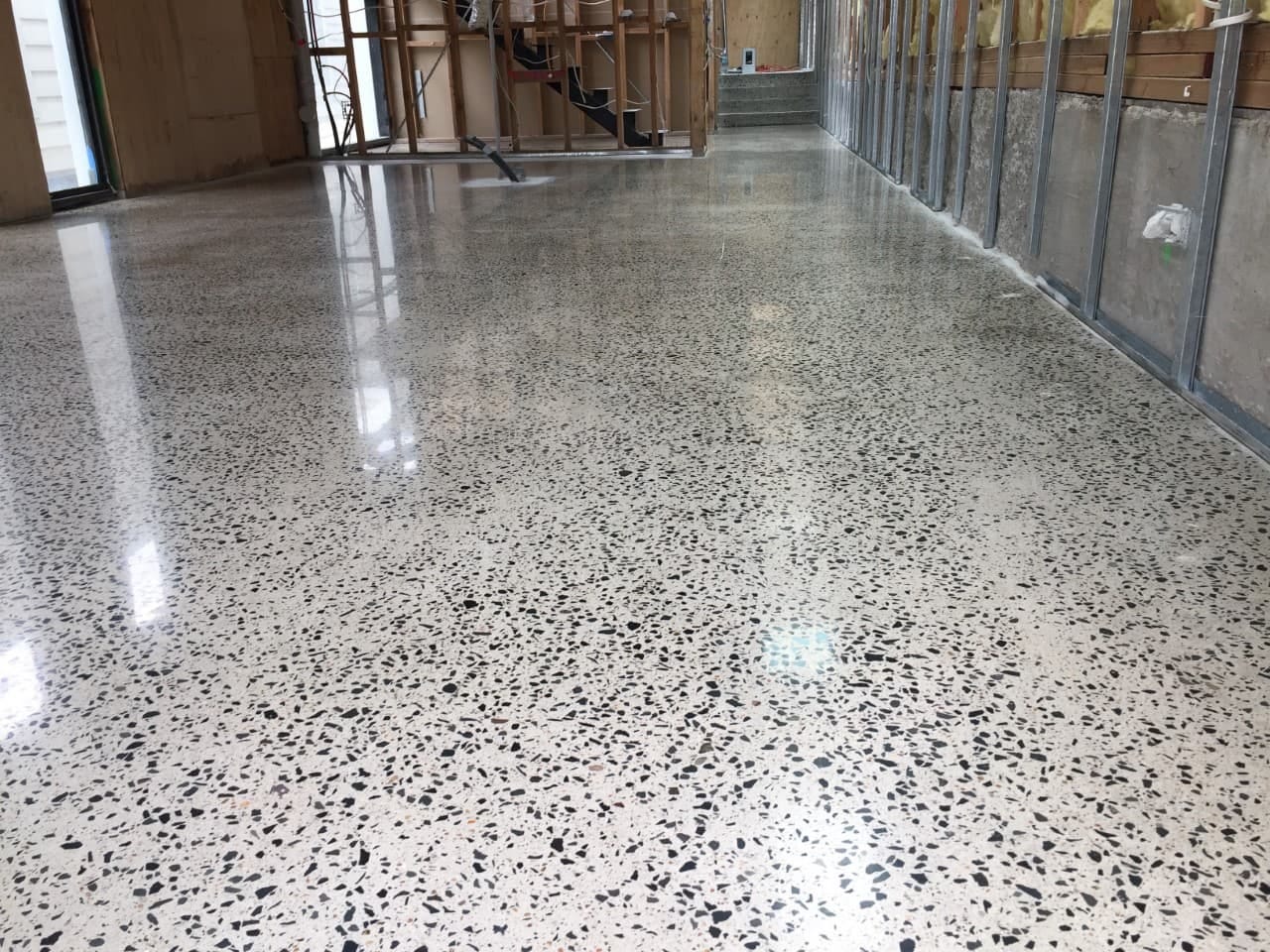
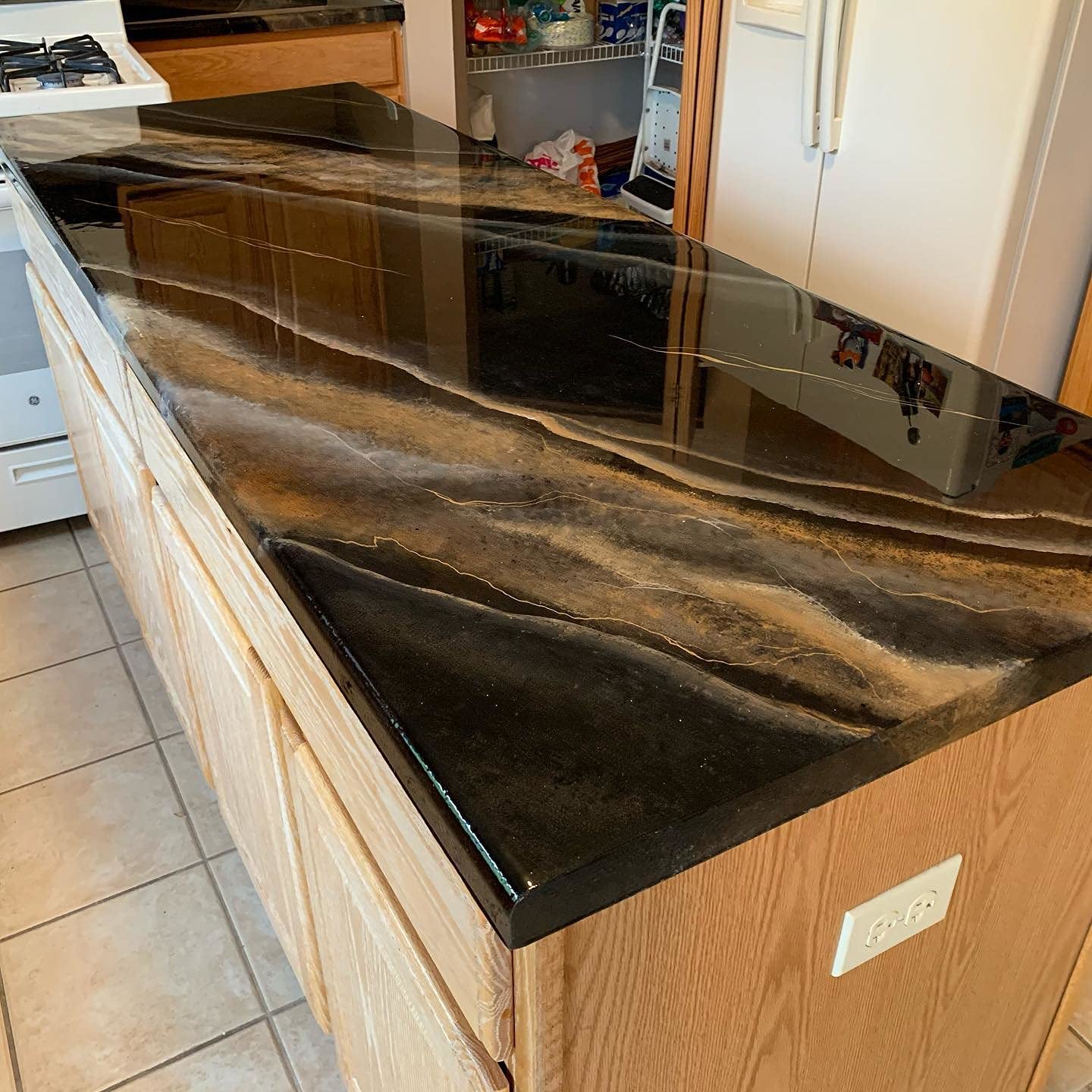
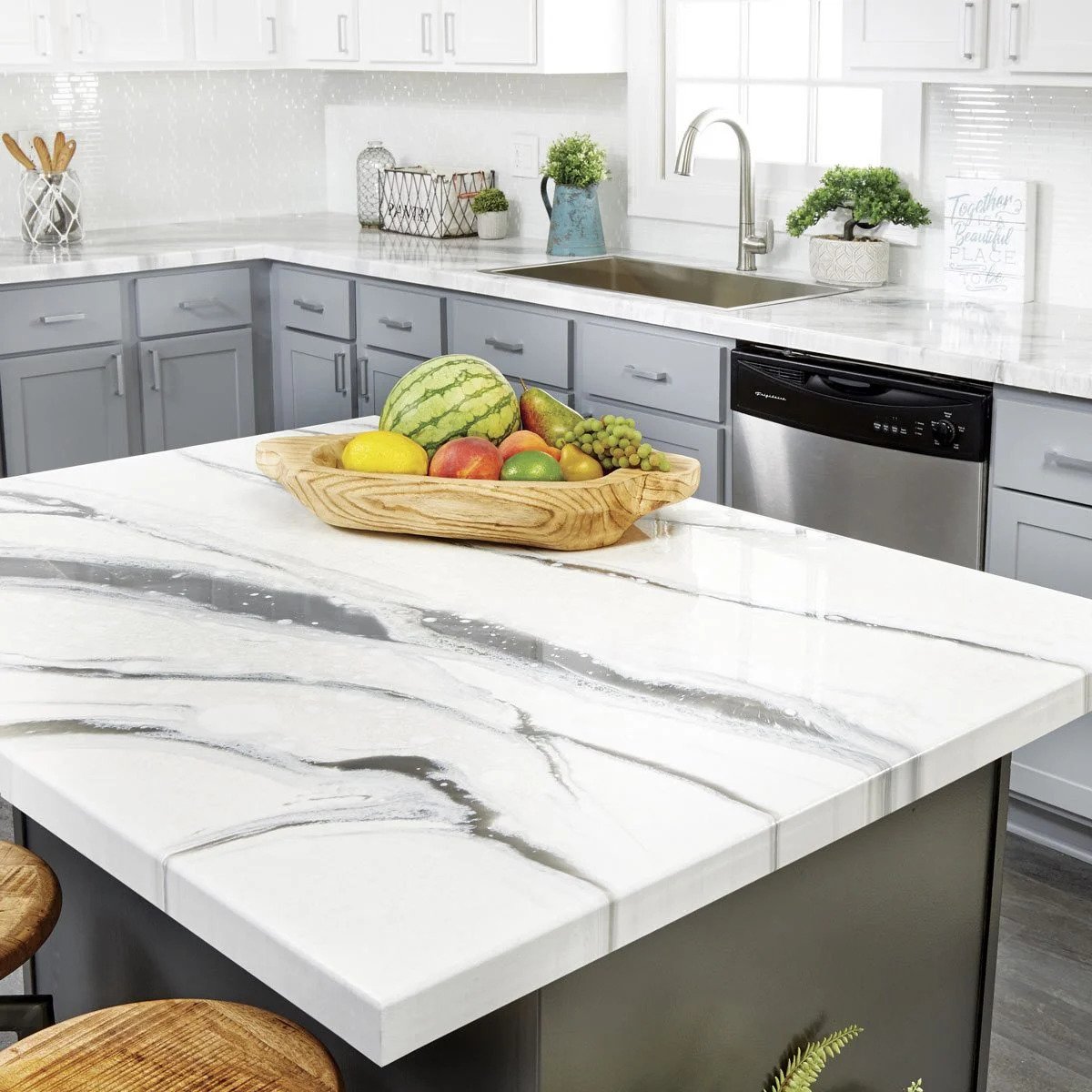
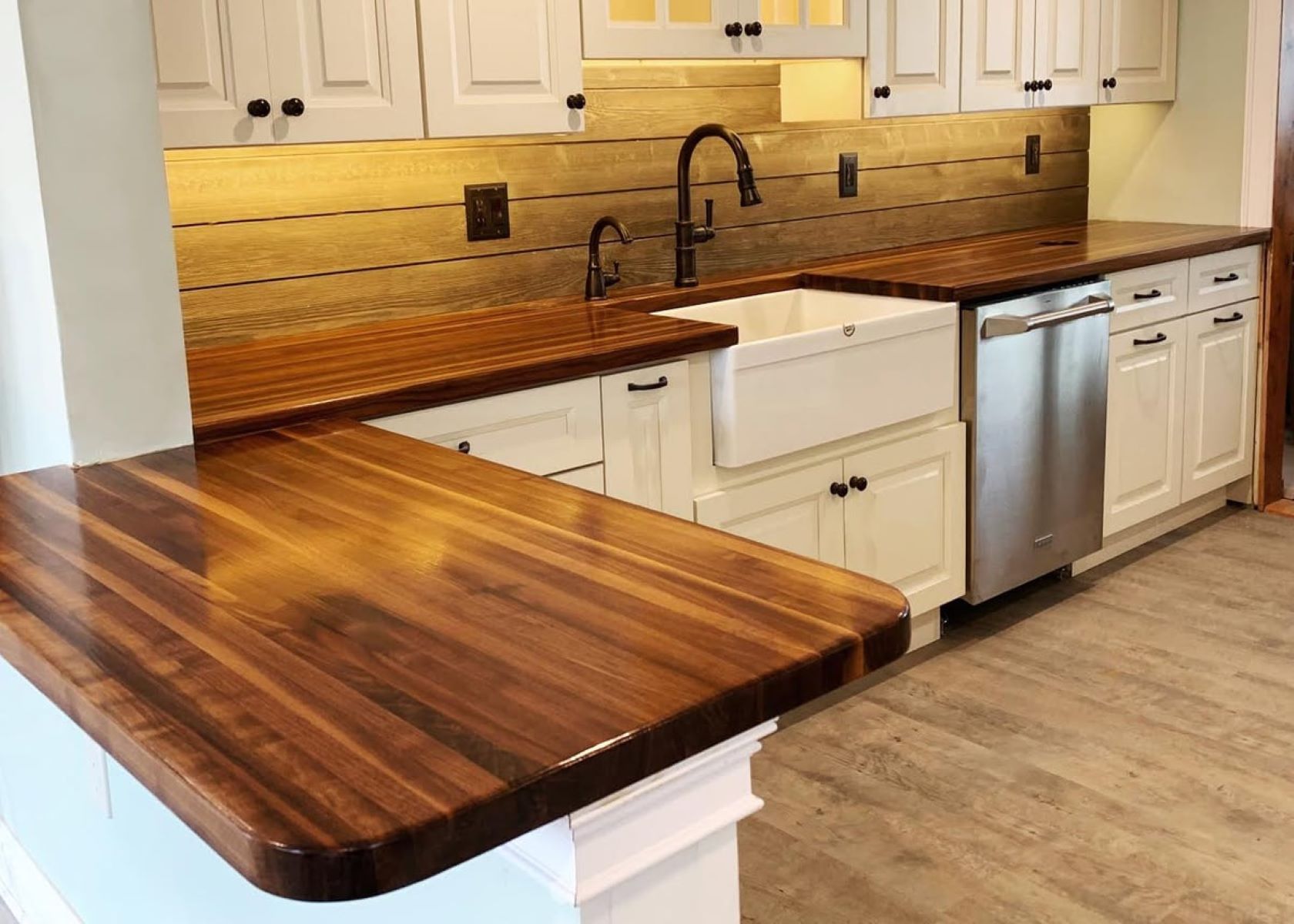
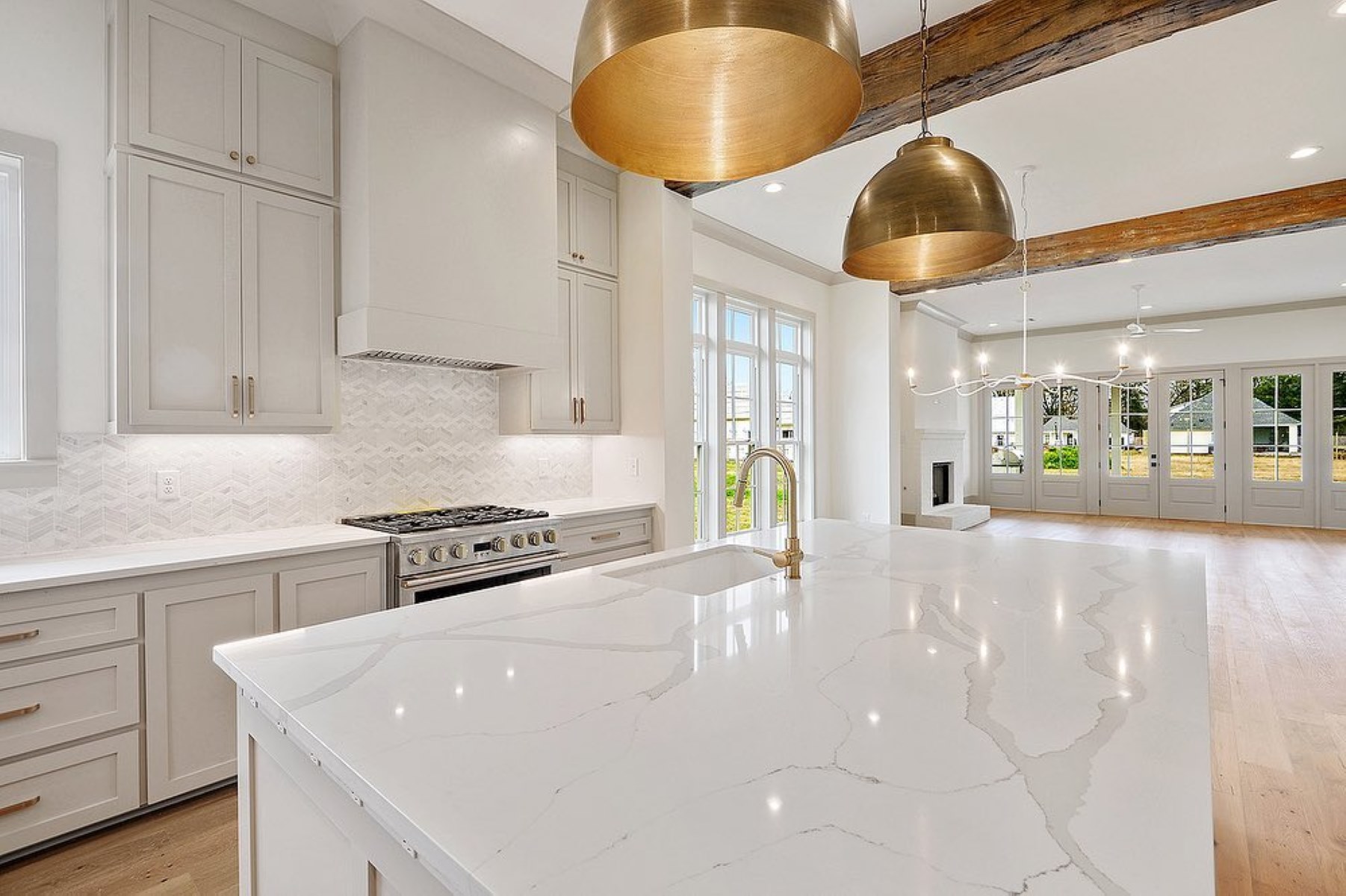
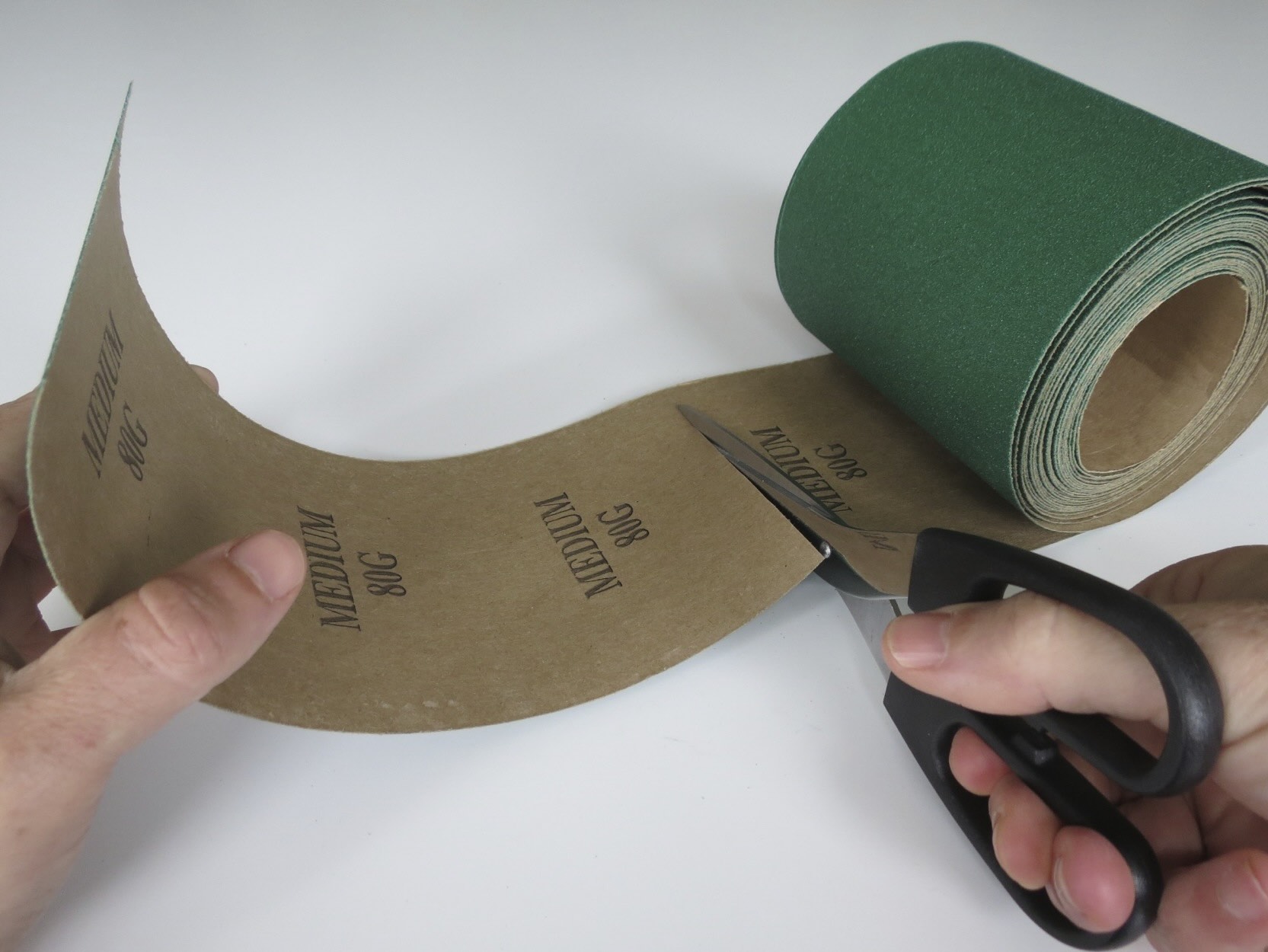
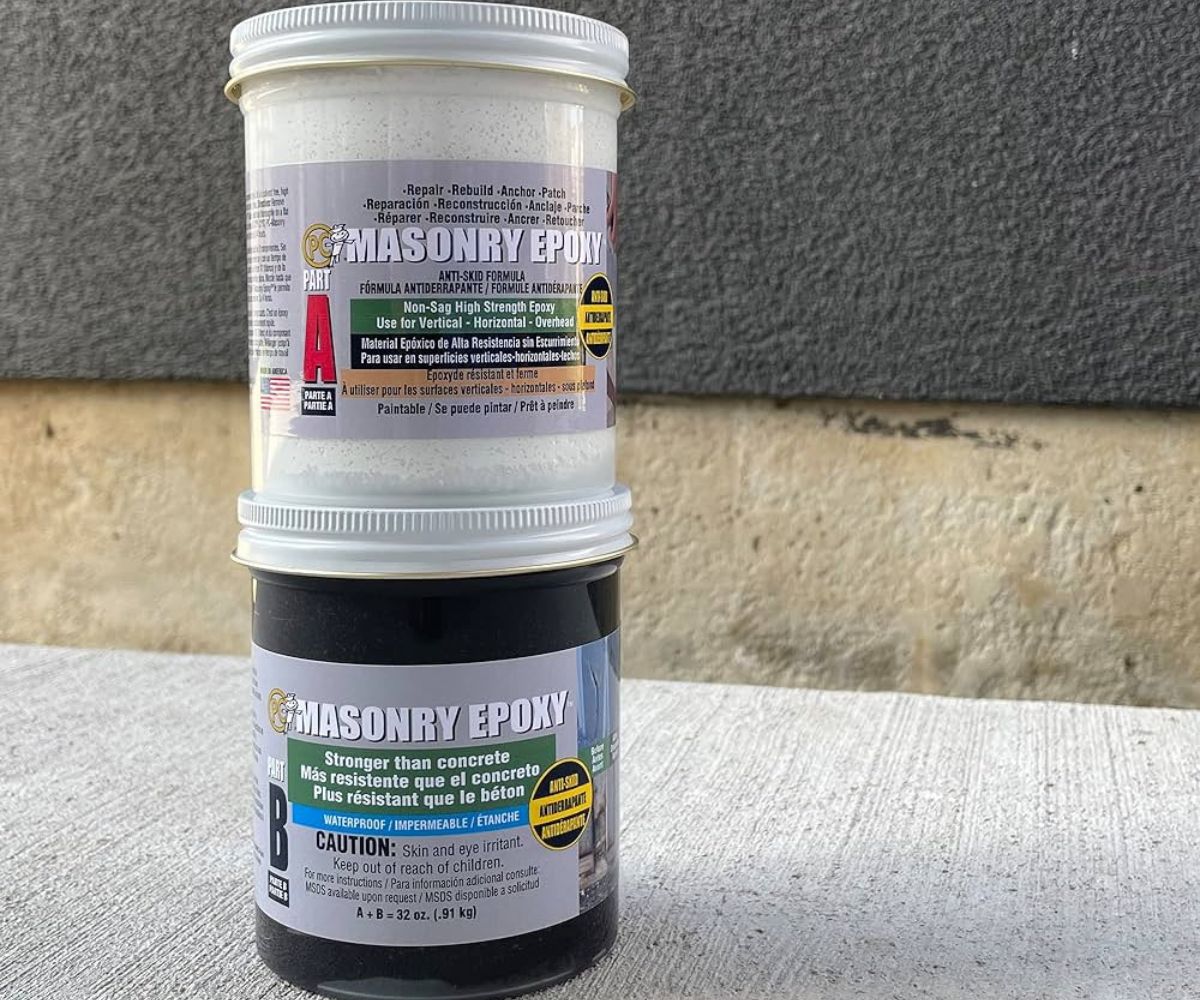
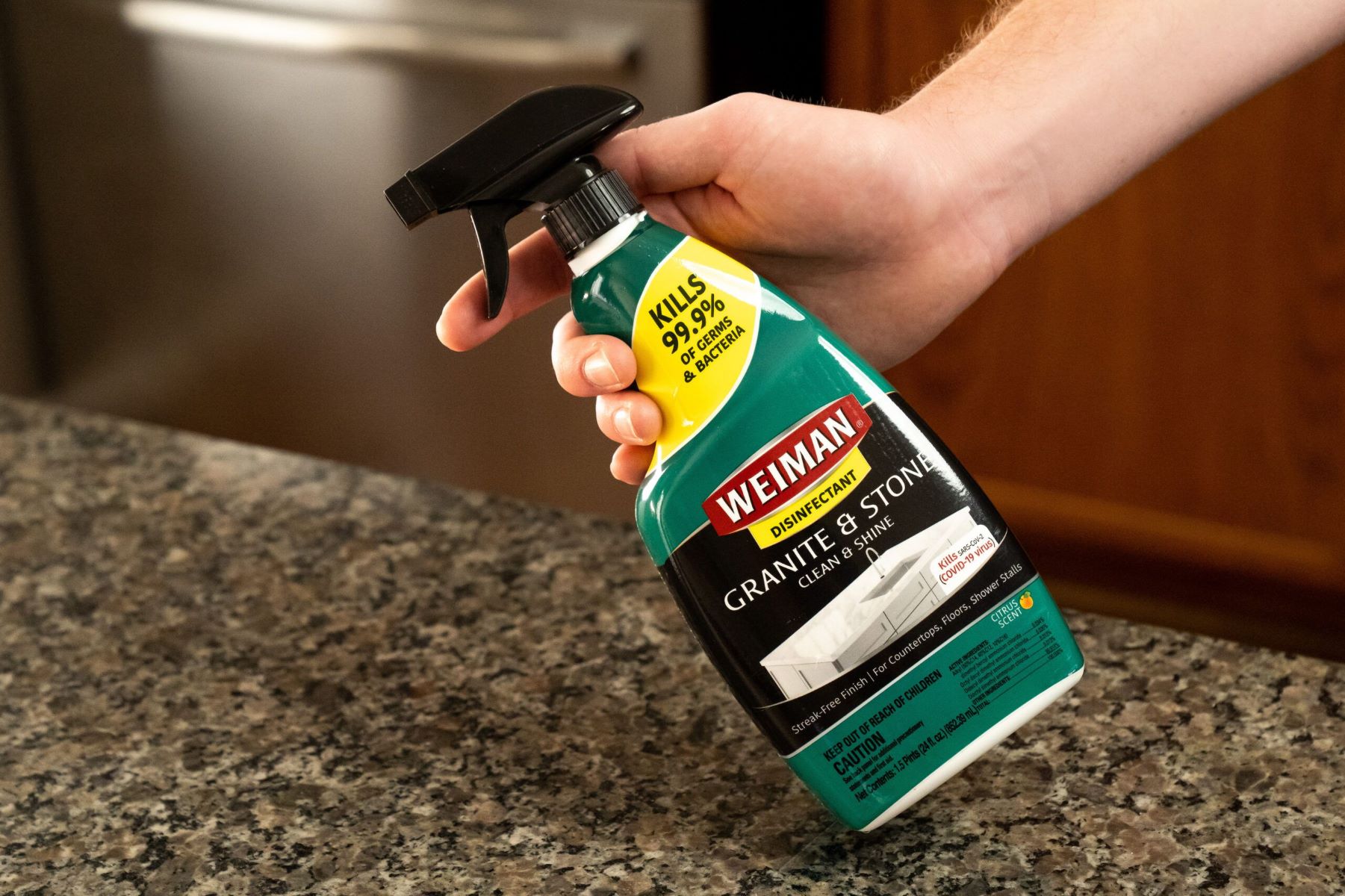
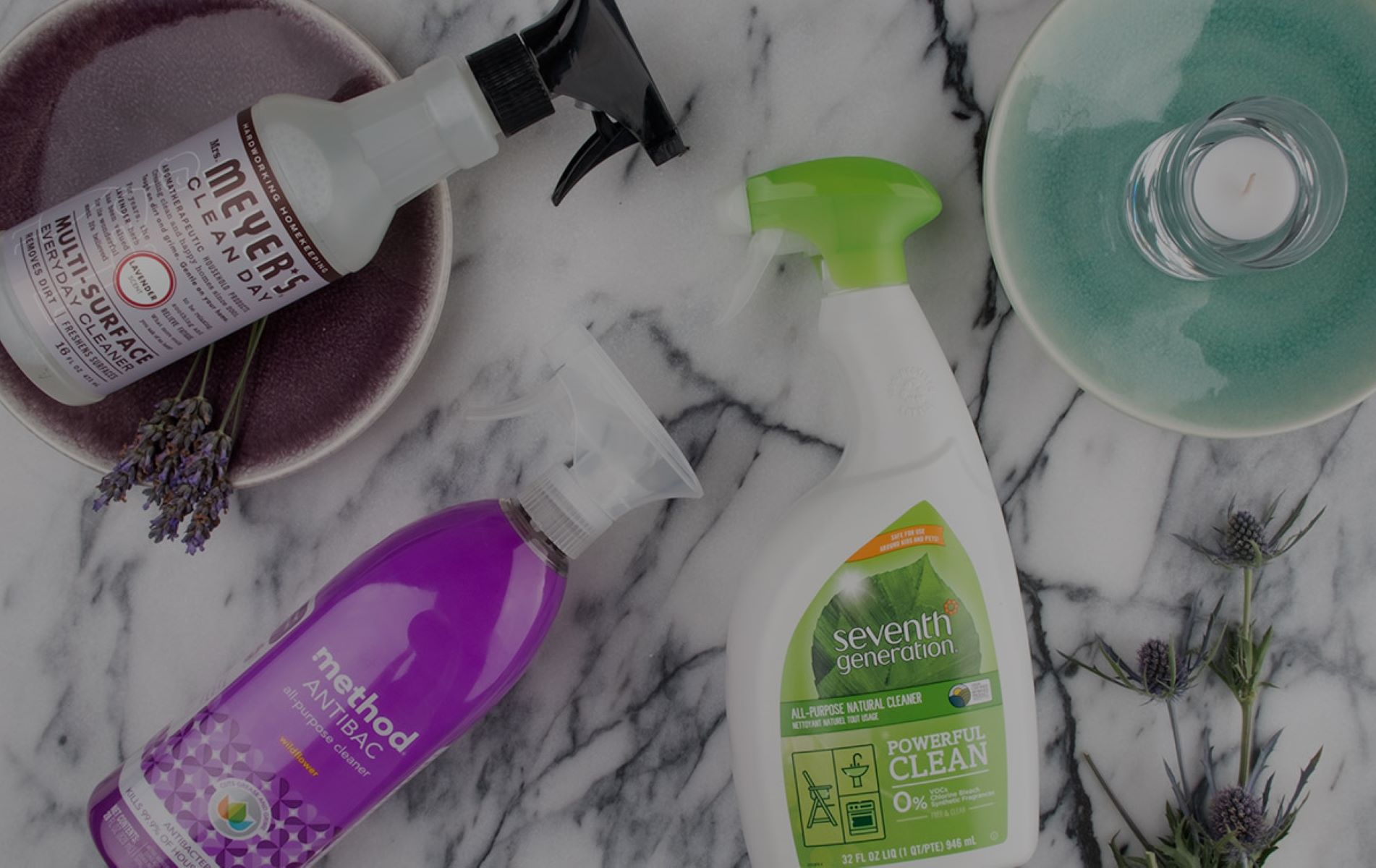
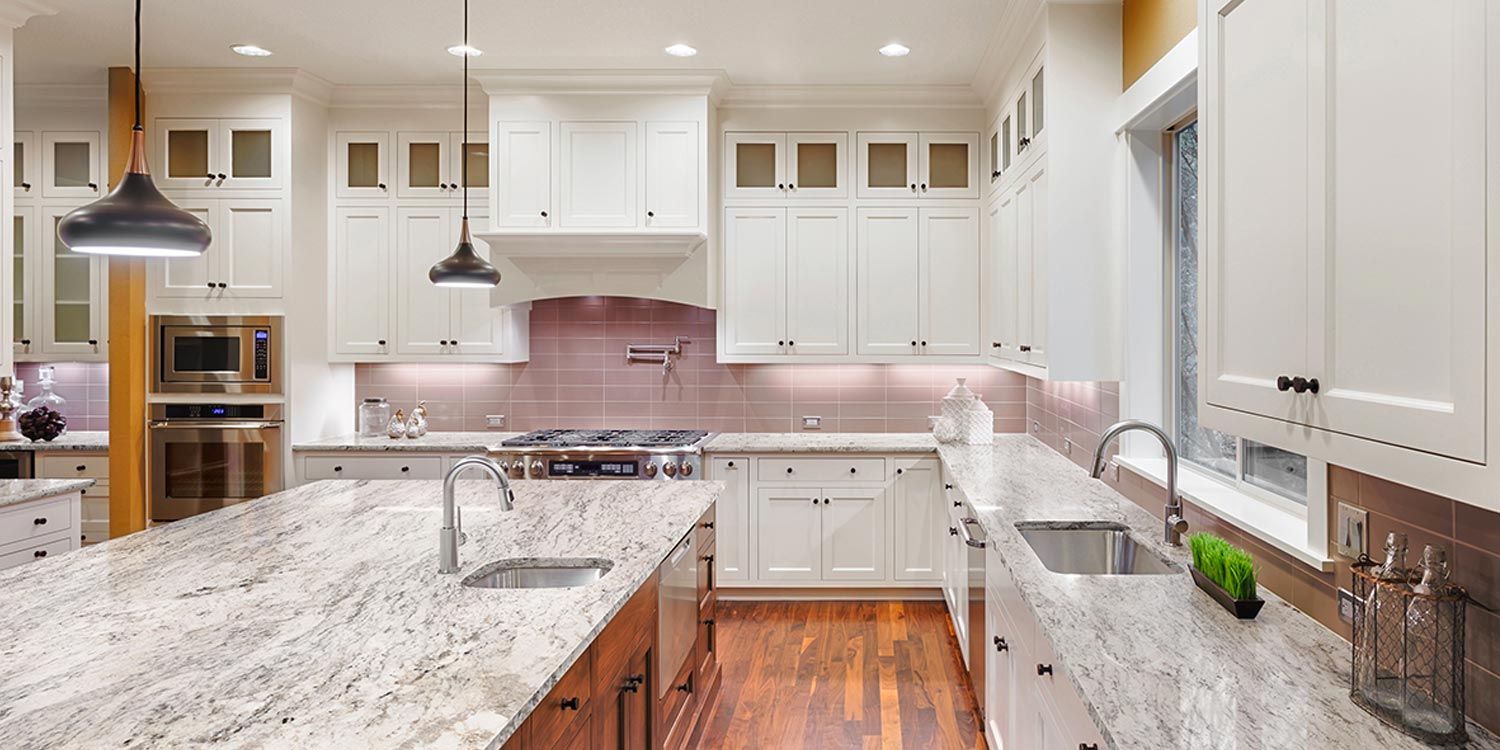
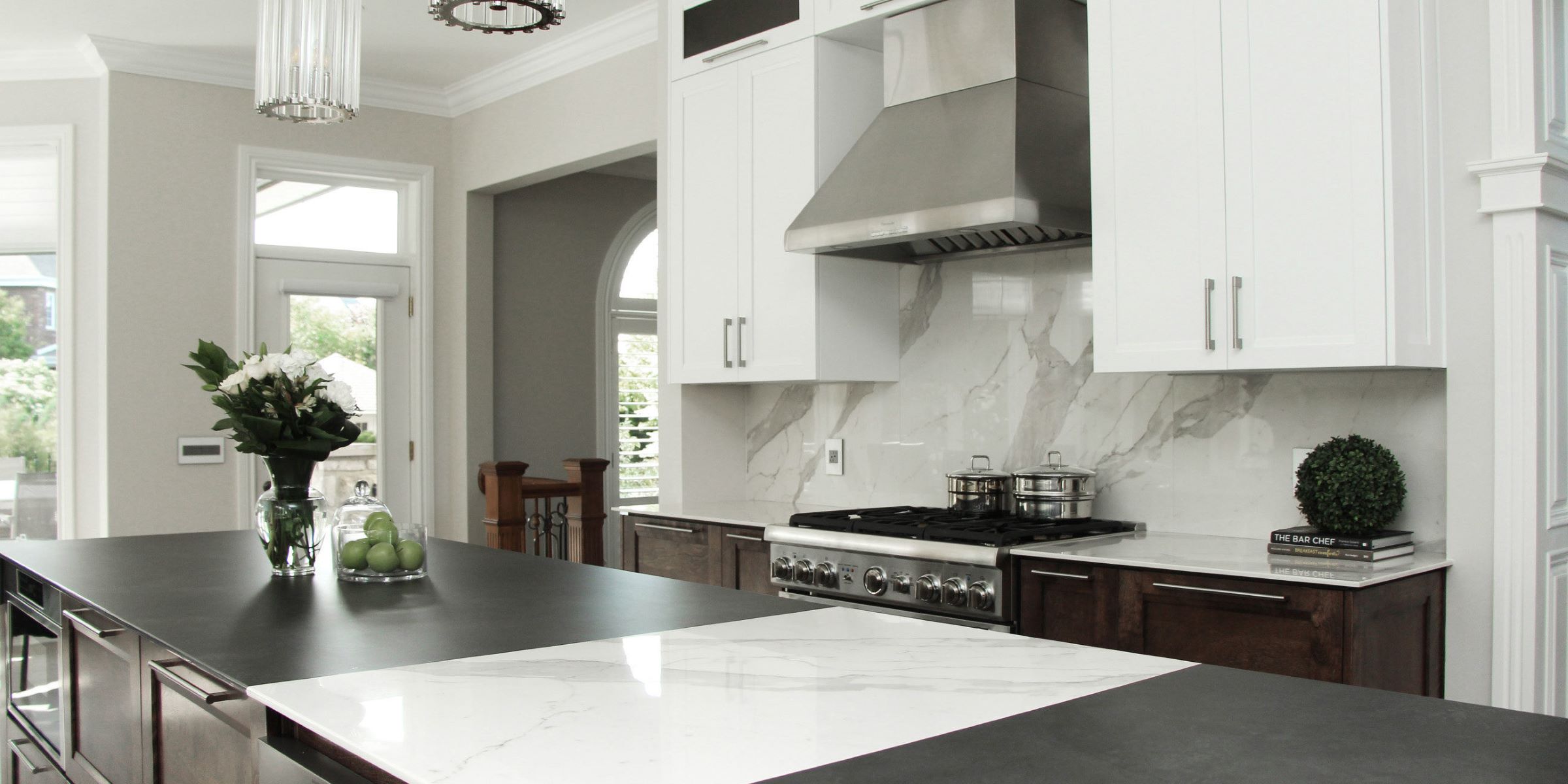
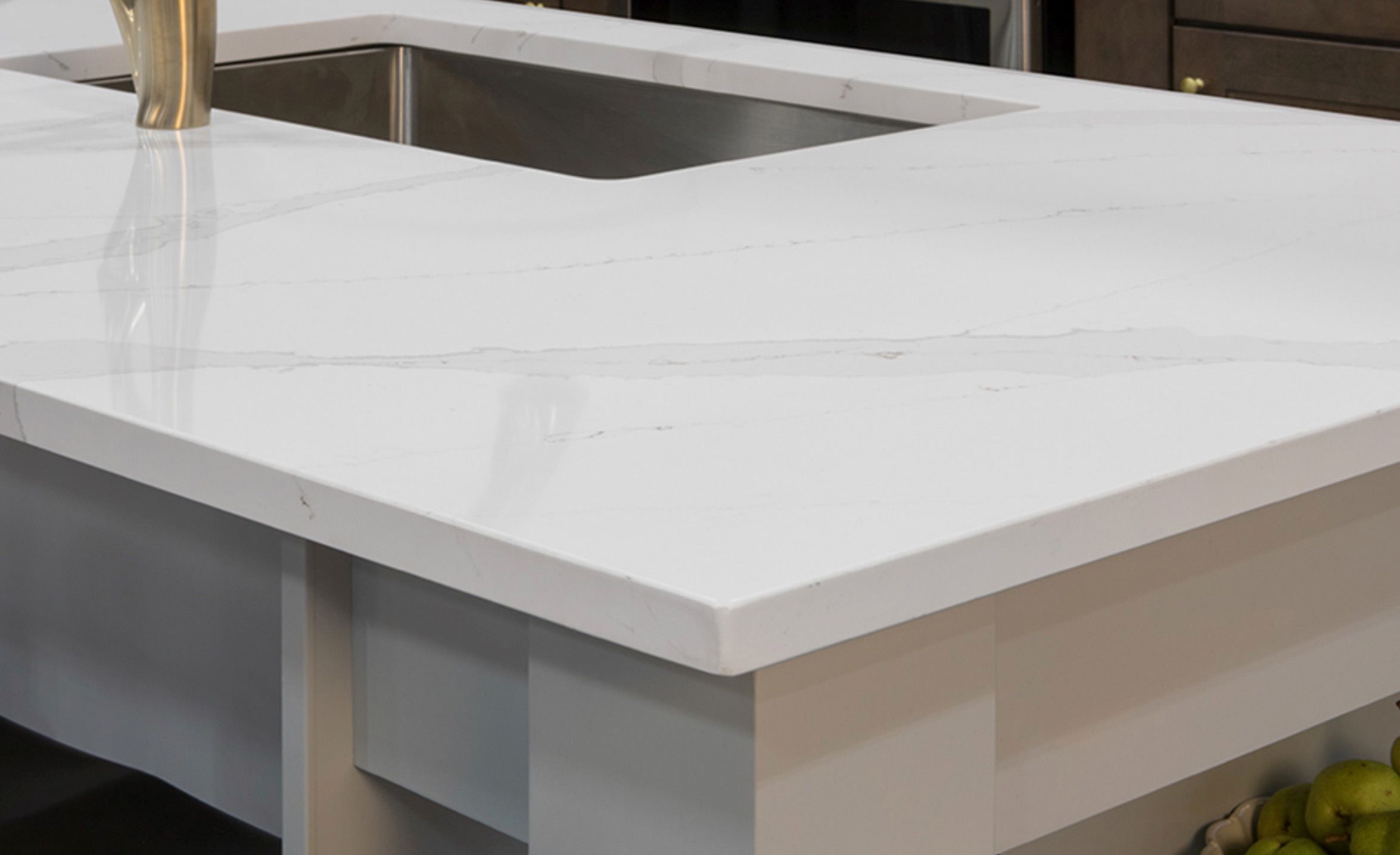
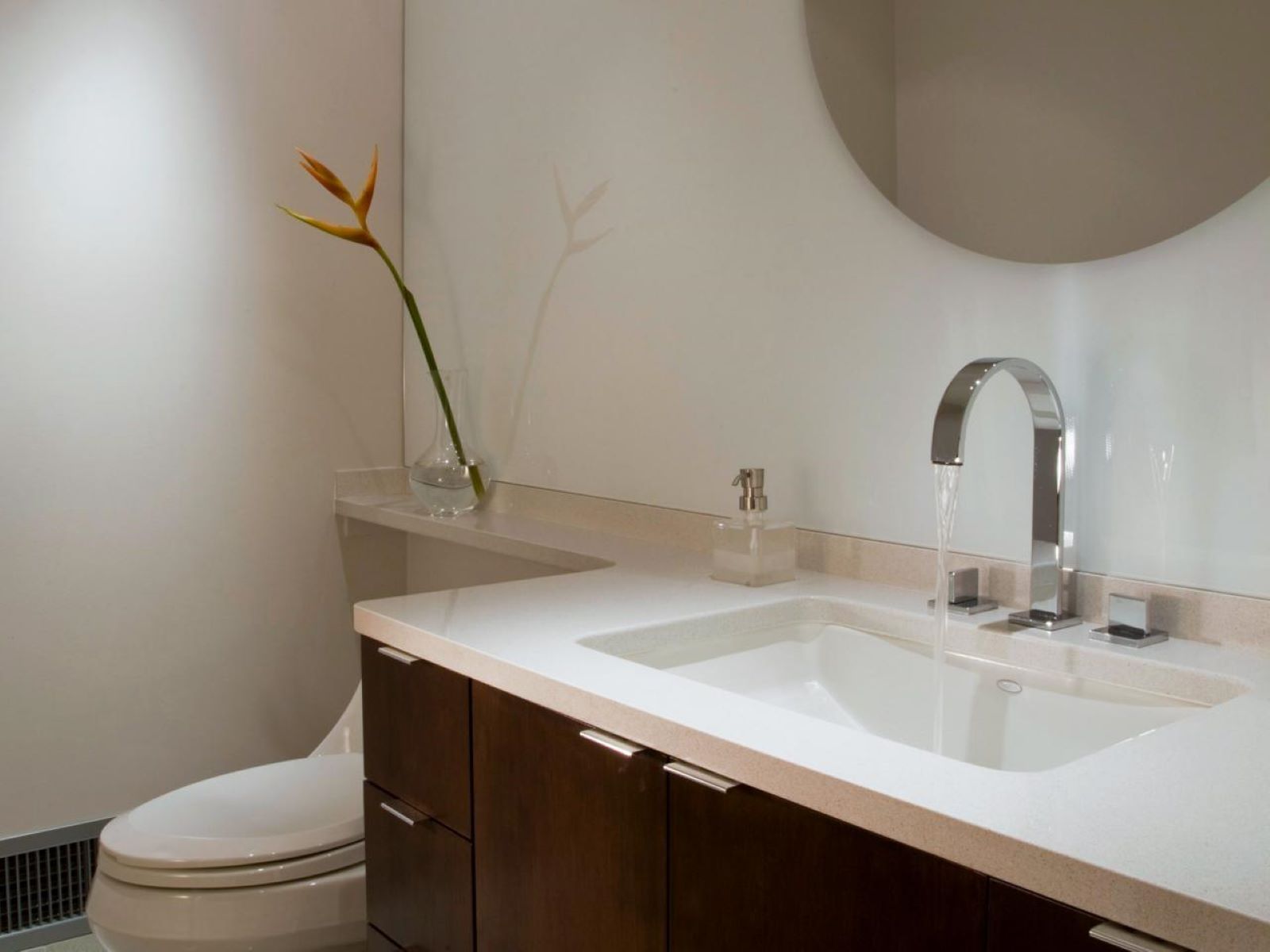

0 thoughts on “What Is The Best Epoxy For Countertops”